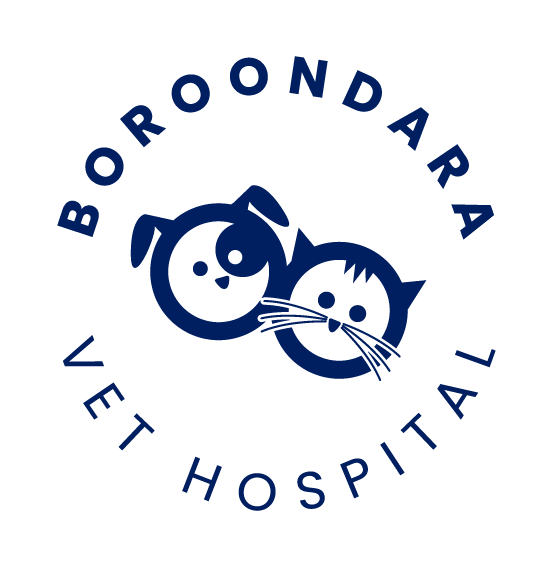Library
-
Melanocytic tumours are formed by abnormal melanocytes. Melanocytoma is a benign (non-spreading) melanoma. Malignant (spreading) tumours are sometimes called 'melanoma' or more specifically malignant melanoma or melanosarcoma.
-
Ectropion is an out-turning of the lower eyelid. It is the opposite of entropion where the eyelids roll inwards.
-
Entropion is inturning or inversion of the eyelid. It is frequently only the lower lid that is involved although both lids can be affected in Shar Peis and Chow Chows.
-
This describes a condition in which puppies are apparently normal at birth but fail to grow and die up to fourteen days later.
-
Faeces and urine analyses are relatively simple but important tests that are often carried out in-house (i.e. not sent away to specialist laboratories).
-
Fits (seizures) or "funny turns" (so-called absences) can be due to many causes. As with any veterinary problem a thorough history and physical examination is the first step.
-
Food allergy is but one of about five specific allergies or hypersensitivities known to affect dogs. It is well known that people can be allergic to certain foods, but it is only relatively recently that food allergies have come to be routinely diagnosed in our dogs.
-
GDV is a very much more descriptive term than the old fashioned name, bloat, which is still often used for the condition in farm animals. It means the dog's stomach is distended with gas and may in addition have twisted upon itself thus effectively trapping the gas in the stomach.
-
Giardia is sometimes confused with worms because they invade the gastrointestinal tract and can cause diarrhoea. They are not worms; instead, they are one-celled parasites classified as protozoa and have been largely overlooked until recently.
-
Glaucoma is an increase in IOP i.e a raised pressure within the eye. The cause of glaucoma is always related to inadequate drainage of aqueous humor rather than its over production.

